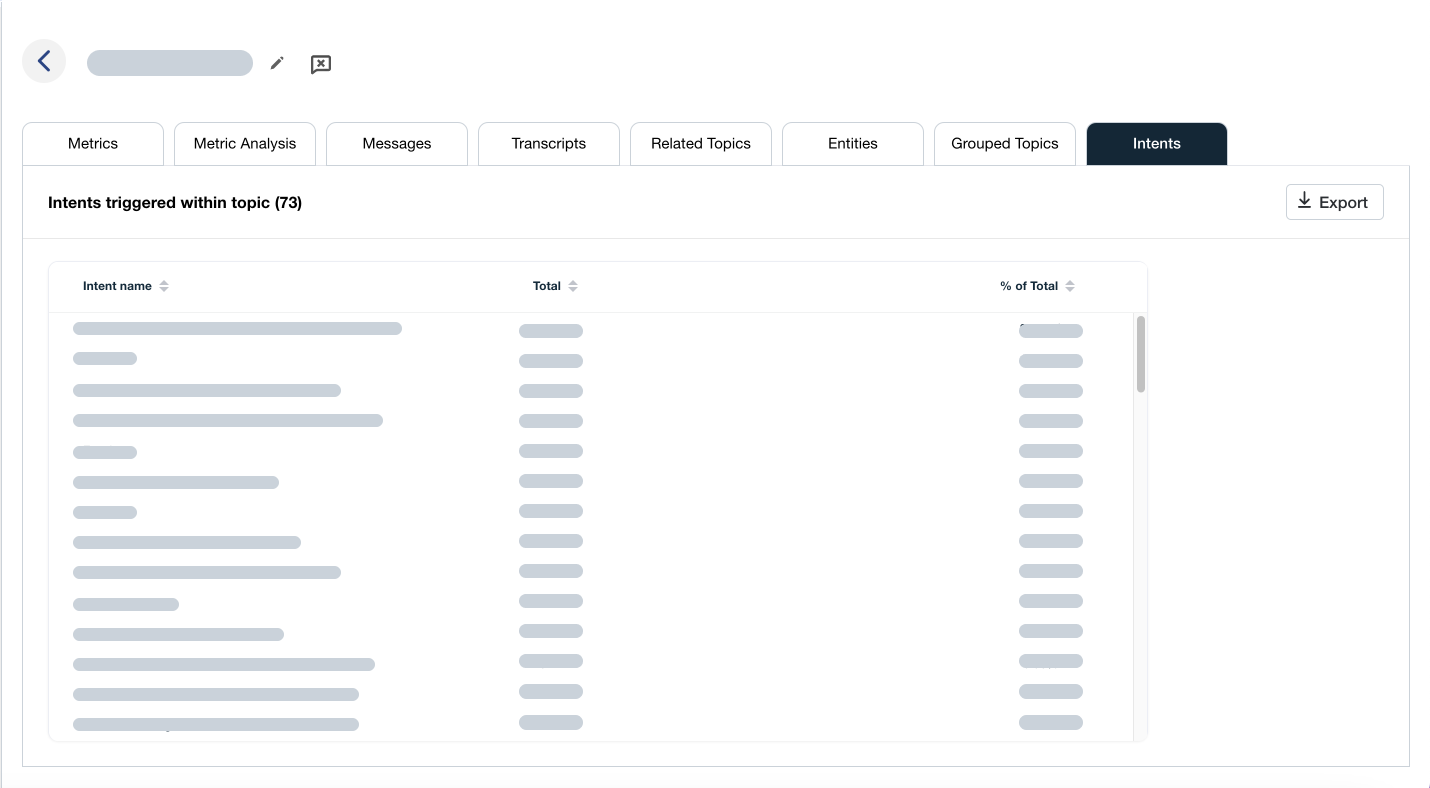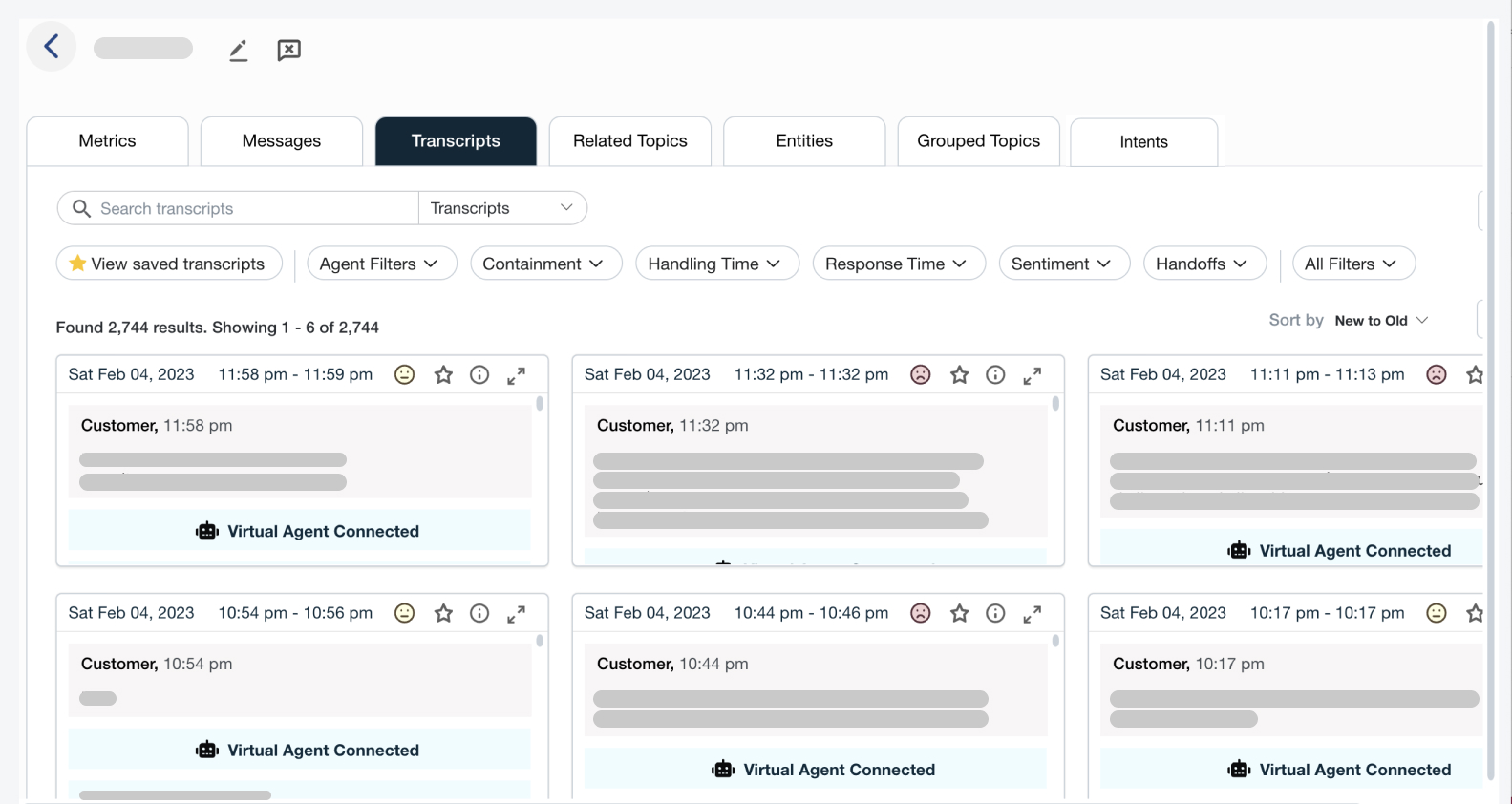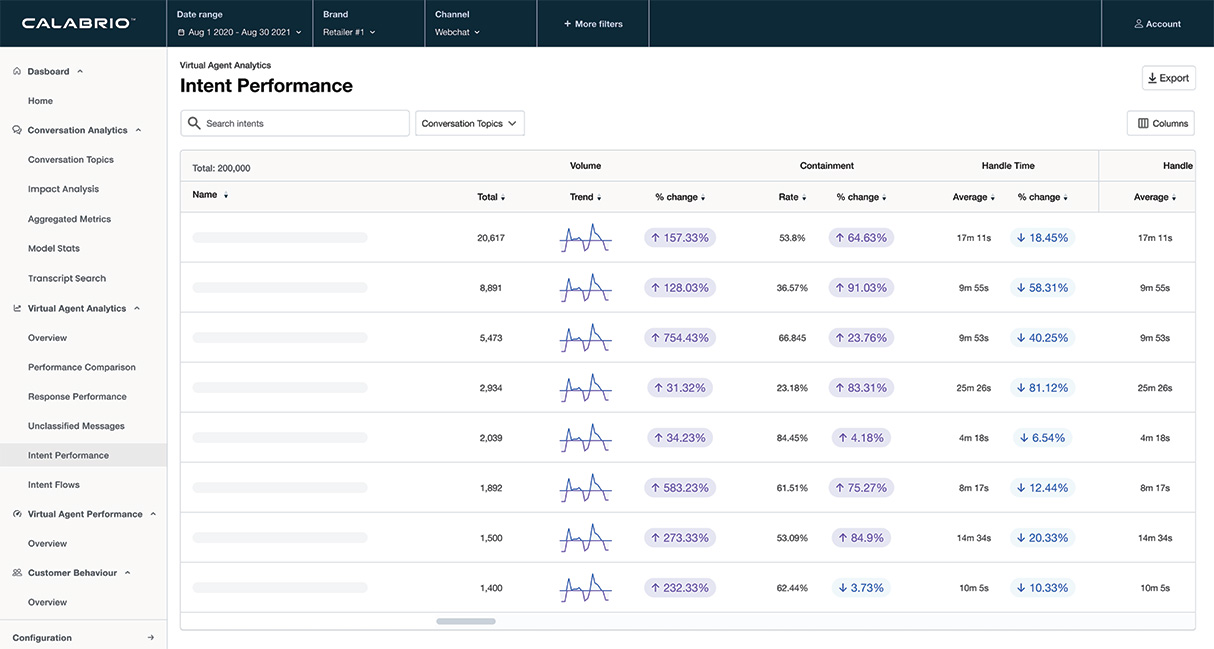What Agents Want in the Era of “The Great Resignation”
What Agents Want in the Era of “The Great Resignation”

You’ve likely heard much about the “Great Resignation” (or “Great Reshuffling”) lately. Essentially, employees are reassessing the impact of their jobs on work/life balance, mental health, and overall life goal fulfillment. No industry has been spared from this phenomenon, especially the contact center industry.
In fact, a Gallup analysis early in 2021 found that nearly half of America’s working population was actively looking for a job. This included one-third of the contact center agents in that group. So what can contact center leaders do to help prevent agent attrition? Let’s explore ways to engage employees and help retain talented agents.
Work Expectations Have Changed
“The Great Resignation” is hitting contact centers hard right now because agent work expectations have changed. Back in 2017, we conducted a Health of the Contact Center report by interviewing hundreds of agents. We asked them about work expectations, role development, and general mental health.
Given everything that’s happened during the pandemic, we decided to conduct a follow-up report. What we found provided context on agent expectations that managers need to address. Our report Agent Wellbeing and the Great Resignation provides a glimpse into the agent’s perspective of modern contact center dynamics. Some expectations have changed since our 2017 survey, others remained consistent.
The main takeaway from managers is that these concerns must be addressed. If they aren’t, contact centers will be stuck in a damaging cycle of attrition. Here are a few agent expectation takeaways from our report:
AGENT STRESS IS AN ACUTE CRISIS
If agent retention is the functional problem, agent stress is the root cause. The truth is that stress has always been high, but it’s only increasing. An astonishing ninety-six percent feel acute stress on a weekly basis. Significantly more say they’re stressed multiple times per week.
Agents are being squeezed by more. More calls, more channels, and more complexity are adding immense stress to their lives. They’re being asked to manage 7.2 more calls per day (and a similar amount of non-call interactions). This makes it even harder to find some semblance of work/life balance.
Full-time remote work or hybrid models aren’t necessarily the right answers either. They can’t be approached with the same expectations as in-office work. Hybrid-working agents were more likely to feel stressed every day over their all-remote counterparts. The future may be hybrid, but that comes with its own challenges in managing employee connections and stress.
PAY IS IMPORTANT BUT IT’S NOT THE ONLY FACTOR
While income incentives remained the top factor for employee retention, they actually dropped in importance. The reality is that pay is a clear, objective figure that can serve as a proxy for how valued agents feel in their roles. But agents are making it apparent that other factors play an increasing role in making them feel valued. Some other factors include flexibility, defined career paths, and better technology.
They also want more support from management on tough calls. Supporting career growth is critical to agent satisfaction. A lack of performance coaching initiatives is a major reason why agents leave. But agents have given clear direction on what they want most: better training. So, what do agents think better training would look like?
- More frequent – Not just an annual checkbox or review
- More personalized – Tailored to agent strengths/weaknesses and goals
- More flexible – Online delivery, options that fit within daily work schedules
OUTDATED TECH LIMITS AGENT EFFECTIVENESS
Our report found that available omnichannel tools, and the data they provide, directly impact the customer experiences agents can provide. More importantly, the lack of such tech is the largest hurdle agents faced in resolving ongoing customer issues. Eighty-three percent of agents in our study cited a lack of data and/or appropriate tech tools as the largest barrier to resolving customer issues.
Conversely, agents that have access to modern, cloud-based omnichannel technologies found greater success in managing those issues. They ultimately felt more connected to the business in the process.
Boost Agent Wellbeing to Fend Off the Great Resignation
You can’t have great customer experiences without great employee experiences. That was true in 2017, and it’s even more so today. Putting the technologies and strategies in place to help your agents succeed will help you attract and retain the great people you need to deliver a stand-out CX.
To learn more about the Health of the Contact Center, download our report. If you’d like to learn how Calabrio ONE can help you resolve these complexities, check out a demo here!









